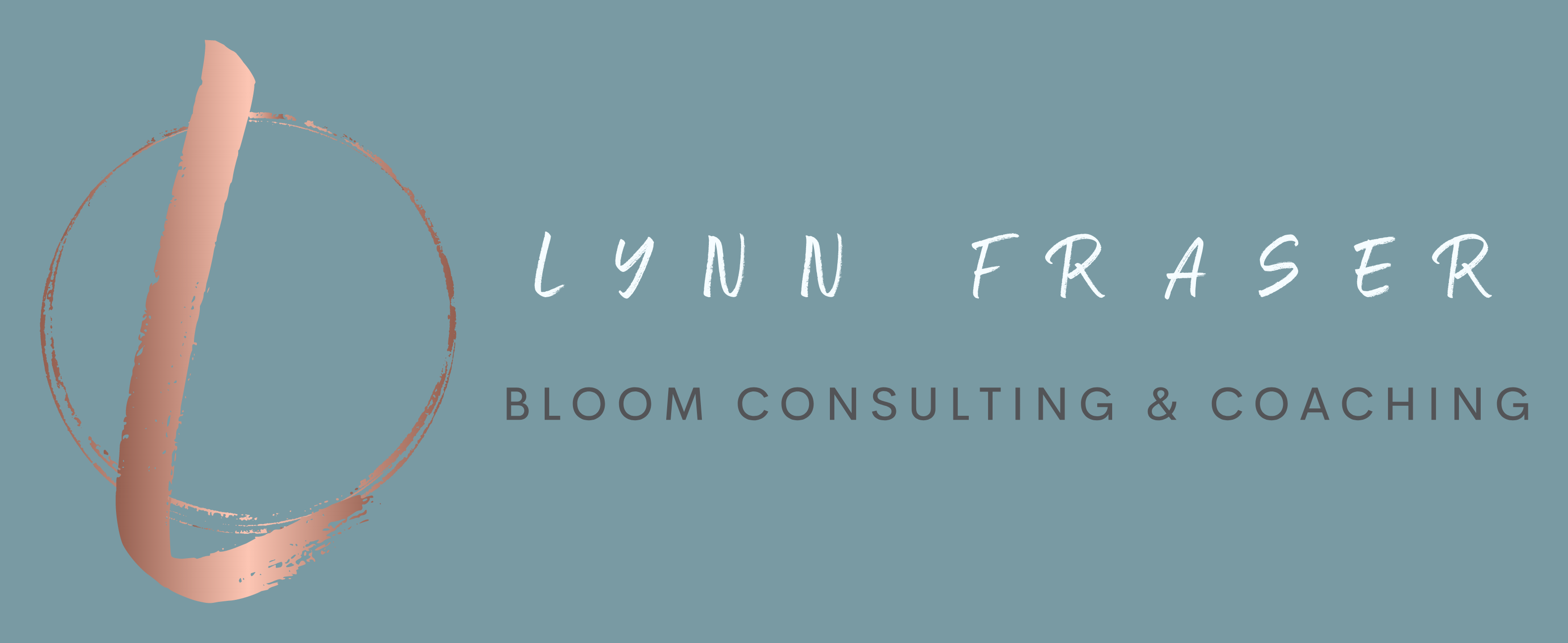A Goal is a Goal Right?
Goal-setting theory draws on the concept that our conscious ideas guide our actions (Locke, 1968). This means that we all have the power to leave 2020 behind us and have fun creating new ideas for a brighter 2021.
One of the most resilient things we can do, is take stock of our past and set new and challenging goals to keep us moving forward. But, what is the best way to go about this?
Having the experience of assisting many people and leaders to set goals, I can honestly say that if we do not set any goals, we are not going to achieve much. We all know that 2020 was a year that most of will soon choose to forget. And yet, it has also been a year which has allowed us to take stock, pause and contemplate where our lives are heading.
For many, it has been a time to reflect on the real meaning of success, our values, and what is truly important to us. If we have had the misfortune of having lost a loved one, a job or a way of life, then 2020 really has been a life-changing and even catastrophic event. In light of this, there may be no better time to re-evaluate our lives and set new life goals.
Life Goals
How does a life goal differ from an ordinary goal? Unlike short term goals staged around our daily or weekly routines, life goals drive our behaviours and affect our long-term outcomes. Life goals are closely linked to our values and can be all encompassing, including elements of our wellbeing such as our health, fitness, spirituality, ambition and mind.
Life goals help us to move closer to self-actualization by creating more meaning in our lives. If we focus our goals on our values, moving closer to the things that are important to us, we will ultimately give our lives more purpose.
Studies have shown that Life Goals encourage us to stretch and use our strengths which in turn can increase confidence (Crabtree 2002), improve our engagement (Sorensen 2014) and promote feelings of good health and satisfaction (Proyer et al, 2013) Source:Researchgate
10 Tips for Setting Effective Life Goals
- Take some time away from the non-stop of everyday life and find a quiet place where you can think, undisturbed about what it is you really want out of life. What are you happy with? What needs to change?
- Be realistic – Rome was definitely not built in a day and achieving life changing goals requires time. Always wanted to run a marathon but you’re a couch potato? Want to read a book a week but you have not read in years? Consider that all things are possible one step at a time.
- Set goals in the positive context rather than the negative. “I want to change my smoking habit to a daily exercise habit” is more positive than “I want to stop smoking”.
- Learn as you go. Every goal we set ourselves will have challenges and obstacles. If they were easy, they would not require effort. Don’t allow set backs to stop you – commit to your goals, learn from mistakes and keep the end in mind when the going gets tough.
- Break goals down into bite size chunks. The old adage of “how do you eat an elephant – one chunk at a time” is a hideous one, but also very true. Great achievers all started somewhere. Every great inventor started with an idea. Taking your goal one step and one action at a time is the only way to go.
- Find a support network. Goals are so much easier to reach when we have others to help us along the way. Don’t be afraid to ask for professional or friendly help – a coach, a mentor, a friend, a religious leader or counsellor all can be a wonderful source of help and support.
- Set a realistic time frame. In my experience, the biggest mistake people make when setting goals is that they forget to add a meaningful time frame. When setting life goals, the time frame is usually a little longer but being specific here is important: “I want to be debt free in 2 years” is a lot more specific than “I wan to reduce my debt.”
- Make your goals inspiring. One of the best ways to know if your goal is going to inspire you to success is to ask yourself if this goal excites you to action. If your goal feels more like a drudge than an inspiration, drop it. You need to set yourself goals that you want to achieve, not goals that you think you should achieve. Would you rather learn to play a new instrument or study for your MBA? Learn a new language or start your own business? When you really ponder what it is that makes you happy, the answer may surprise you.
- KISS your goals. Keeping goals short and simple is a way to ensure that you achieve them. Research has shown that the human brain likes to have no more than 3 projects, goals or areas to work on at a time. Keep your goals simple, specific and achievable. Setting one or two really great goals a year and achieving them is better than setting five goals and achieving none.
- Make your goals visual. The positive effects of creating visual context to achieve goals are well documented. This has been particularly well studied and proven in the field of sport. In my experience of designing goals for others, those who create vision boards, sketches, word boards and other visual aids, are much more successful in achieving their goals. Make sure you can see your goals every day – whether it’s on your screensaver, your mobile phone or your bathroom mirror. Having your goals in your face works.
Knowing that 2020 is drawing to a close, is such a relief, and with the new vaccine on the horizon, we are all too aware that 2021 will bring with it, hope for a brighter future. But have you thought about how you want the future to play out for you? Take stock, pause, reflect and inspire yourself to move forward with courage.
If you have experienced life changing events this year and need help setting new goals for 2021, a coach can help. Contact me HERE


